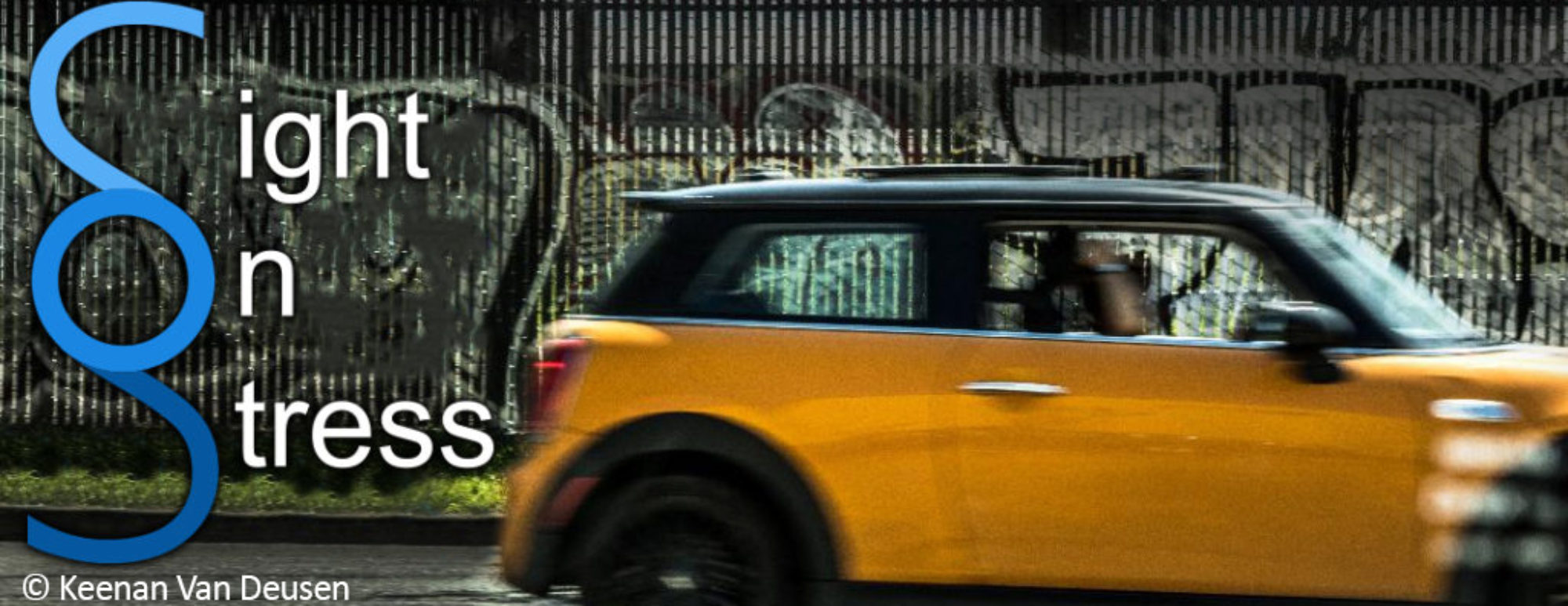
Helicopters, tear gas, even rubber bullets ripped through the Seattle air as protestors voiced their outrage against racial injustice these last two weeks. Police violence, economic oppression and poor access to healthcare has always plagued African-American communities, but since the gut-wrenching murders of George Floyd, Ahmaud Arbery, and Breonna Taylor, Americans have taken to the streets, pandemic or not, to say enough is enough. Was it the president’s latest unpresidential tweet that threw so many of us over the edge? Or,was it the painfully disturbing video of Floyd being slowly suffocated under the knee of a white Minneapolis police officer as that officer’s comrades looked on?
Constant state of anxiety
The last few years have been increasingly trying for many. Our very democracy has been threatened, torn through by our own president, leaving nothing but symbolic shreds of our American fabric in his wake. Then in February, (or some say earlier) the pandemic hit and our lives came to a screeching halt, as we sheltered in place, like children in a lockdown who nervously wonder if the outside threat is coming to get them. But, if that wasn’t enough, news of more innocent African-Americans being murdered by white police officers brought us to an all-time low. Many of my clients spiraled into diagnosable depression, feeling overwhelmed and hopeless about our nation. The fact that voter suppression also seems to be ramping up, possibly preventing the minority voice, is an aside that leaves others in a constant state of anxiety.
Weary or wise?
When bad things keep happening, when the tide gets unbearably strong to swim against, do we get weary or wise? Do we pull the covers over our heads, waiting for the next bomb to hit or do we get up, stand up and make change happen? The resilience of the human spirit is something I’ve had the privilege of witnessing over and over in my work as a psychologist. Fractured adults who have endured unthinkable abuse, vigilant minority patients who have navigated the stress of discrimination, and lonely adolescents who have not only parented their parents, but tried to find their own way in the world where even school doesn’t feel safe. Almost all of these people came to therapy to find their power. And, despite the atrocities that may have injured them in the first place, they rose.
What I see today is no less than remarkable as many clients, despite their weariness, ask the question, “what can I do to make things better?” Scared, tired, battling hopelessness, they get out of bed in the morning and find a way to make change. Many joined the protests against police brutality, others donated money to worthy causes, and still others educated themselves as to how to be better white people, more humble, more informed, better listeners who support, instead of turn their backs on black communities. Listening with one’s heart is the wise way. Having compassionate boundaries is smart. And standing up when, instead, you want to give up, is the beauty of the human spirit.
Feeling overwhelmed
If you are feeling overwhelmed by “all the bad things happening in this world,” as one young woman says, access your wise heart. Close your eyes for a few minutes and slow your breathing. This will help unhinge you from external stimuli and connect you with the internal world. Breathe slowly for a full minute. Now, tune into your body, and notice, without judgment, how it feels. Be present. Now tune into your heart. Take time. Wait and listen. If you are distracted by running thoughts or other stimuli, be patient and refocus your attention on your heart, asking yourself, what, in your heart of hearts feels like the right thing to do.
Weary or Wise: Conclusion
Making a point of consulting the wise heart will keep you from buckling under the weight of weariness. It will center you and connect you to your true self. And, as Jack Kornfield, psychologist, meditation teacher and author of The Wise Heart and other noteworthy reads says, “Remember that no matter where you are and what you face, within your heart peace is possible.” And when you find that place of peace within the heart, your approach to the world will come from wisdom.
Dr. Van Deusen received her PhD in Clinical Psychology from the California School of Professional Psychology in Los Angeles in 1992. She has cultivated deep knowledge of attachment theory and stress and has worked with various populations over her two and a half decade career. Her practice is in Seattle, Washington. Buy her book Stressed in the U.S.: 12 Tools to Tackle Anxiety, Loneliness, Tech-Addiction and More here

